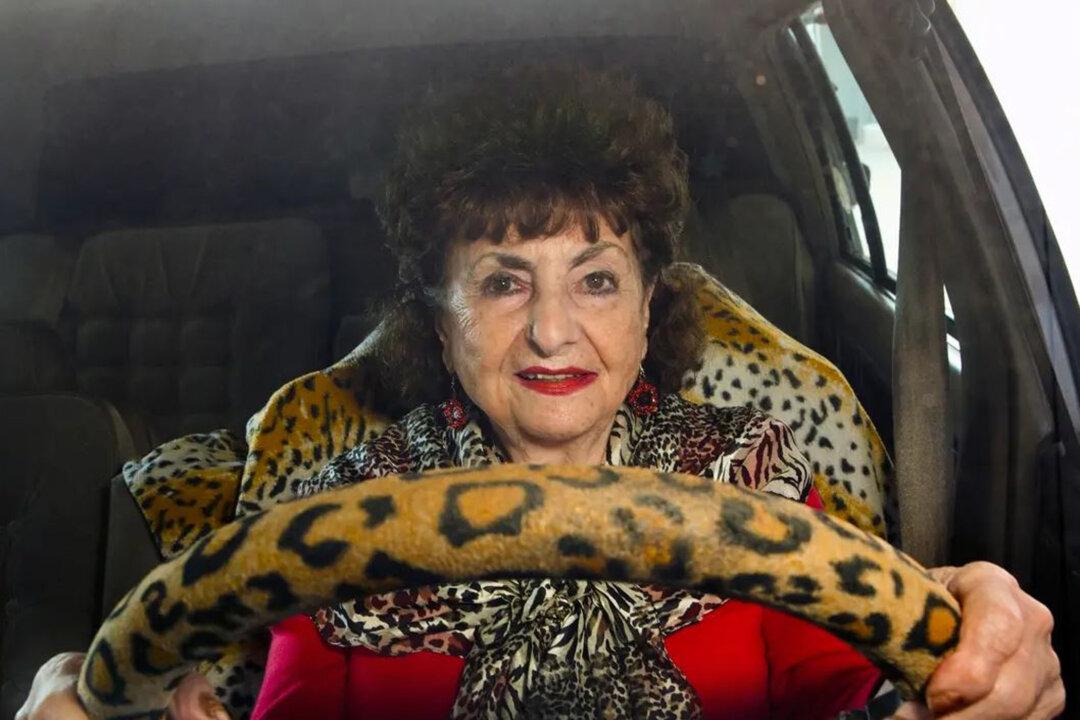Commentary
Sometimes, it takes going through immense pain and suffering to make one truly appreciate every moment of the life they’ve been blessed with. Other times, these same people who have experienced tremendous hardships, yet still smile at life, can profoundly touch the lives of others. In multiple award-winning documentary, “Big Sonia” (available on Epoch Cinema), these two facets can occur at the same time within the same person—a rare and beautiful thing indeed.





